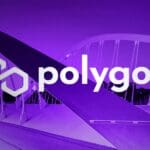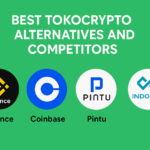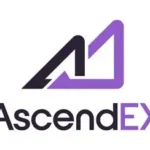In this article , I will explain Where To Learn Blockchain Programming. As new decentralized technologies continue to emerge, blockchain development has become a coveted skill.
Every online platform has basic resources for learning whether you are just starting out or an experienced developer. There are many opportunities to learn from documentation and courses designed specifically for you.
What is Blockchain Programming?
Blockchain programming is the development of applications and smart contracts that operate within a blockchain network. It usually includes the use of Solidity, Rust, and Go to create and manage decentralized applications (dApps).
Transactions carried out on the blockchain are secure and tamper-proof, protecting against fraud. With data distributed across numerous nodes, blockchain programming guarantees transparency, security, and immutability.
Developers leverage Web3.js, Truffle, and Hardhat frameworks to interact with blockchain networks. The most popular use cases are cryptocurrencies, supply chain systems, decentralized finance (DeFi), and NFTs.
Where To Learn Blockchain Programming
1. Coursera
Coursera provides courses that feature the blockchain system from companies like Princeton, Stanford, and the University of Michigan as well as the foundation courses. Many of these courses integrate mobile projects, quizzes, and certificate options.
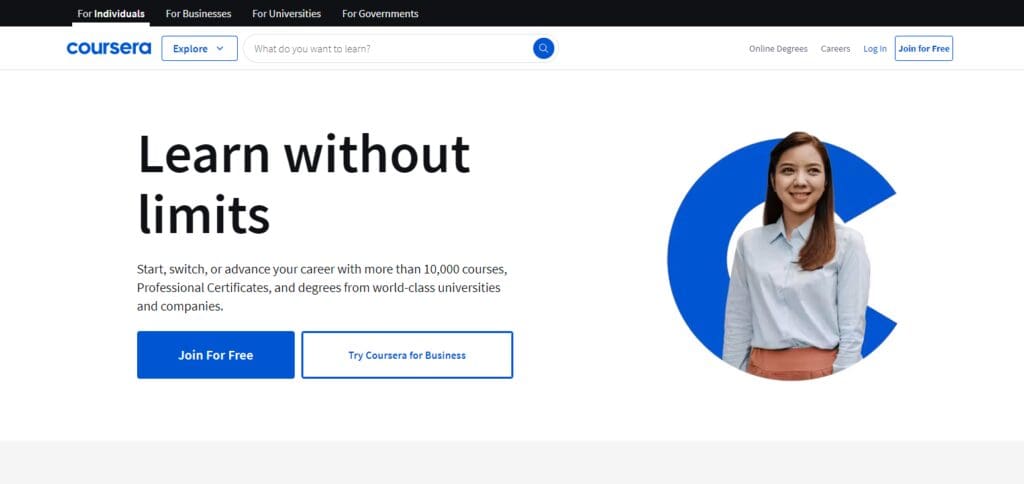
You can learn about Bitcoin, Ethereum, Hyperledger, and many other things. Learning pathways work for beginner and seasoned developers alike.
Some courses need you to pay for the certificate while others are completely free. Coursera allows the learners to schedule their studies according to their availability.
2. Udemy
Udemy offers courses of dApps development on Solidity and Ethereum at competitive prices for beginners and professionals. Most courses are designed by professionals and come with lifetime access.
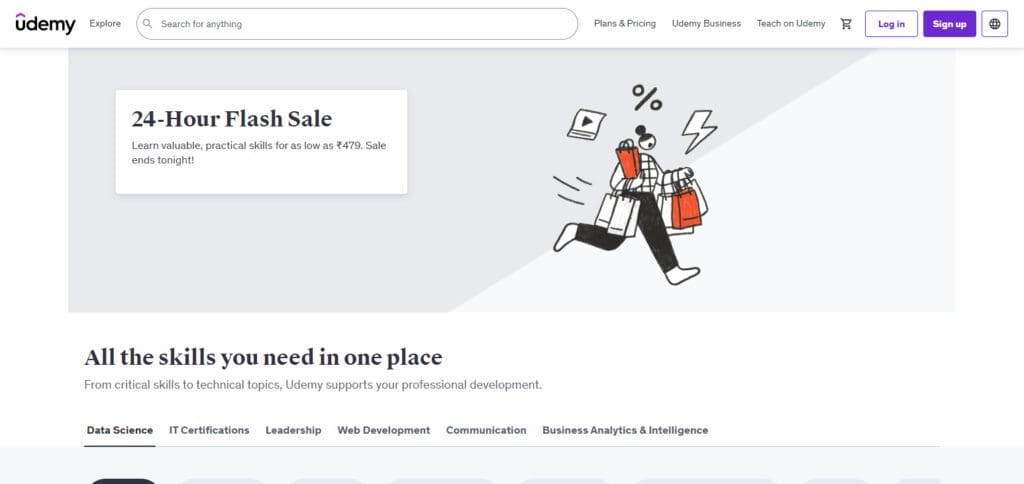
This means that course material can be reviewed at any point in the future. In addition, Udemy’s hands on projects and real world examples help with understanding blockchain technology concept better.
Lessons are very affordable due to constant discounts. If you want to learn the blockchain programming language and feel comfortable with self-study, I recommend using Udemy. You will find the platform very easy to self-learn.
3. FreeCodeCamp
FreeCodeCamp comes with a free subscription that has an interactive approach to blockchain development. The tutorials cover all the essentials in blockchain, Solidity, Ethereum smart contracts, and Web3.
The platform features coding challenges and real-life projects that allow learners to apply their knowledge. YouTube has a ton of resources that deeply explain blockchain programming, so be sure to check there.
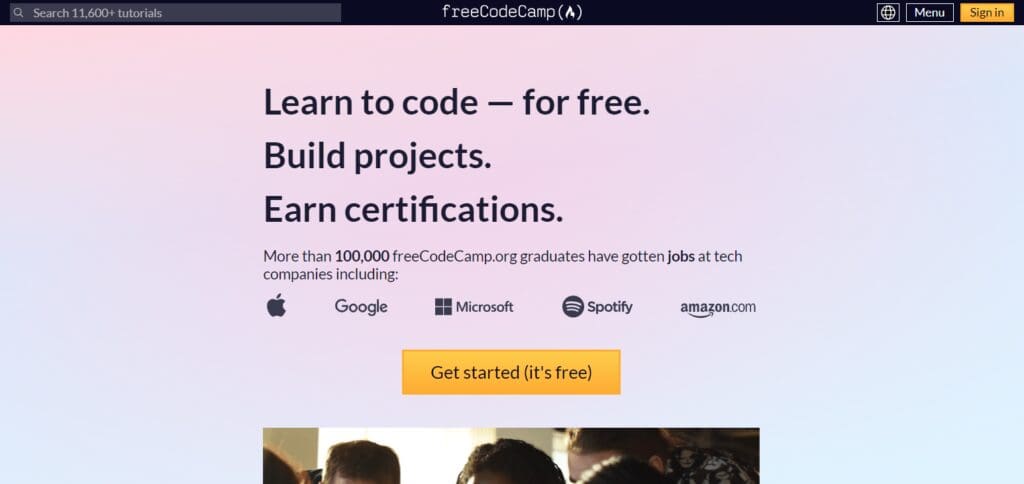
This website is fantastic for independent learners who wish to gain practical experience without the need to purchase expensive courses.
While doing projects, learners can ask for guidance from more advanced developers due to an active community.
4. Solana Docs
Solana’s official documentation is the best resource for Devs wanting to learn how to build on Solana’s blockchain. It has step-by-step guides on writing smart contracts in Rust and deploying decentralized apps (dApps).
It also describes Solana’s architecture, how transactions are executed, and techniques for performance optimization.
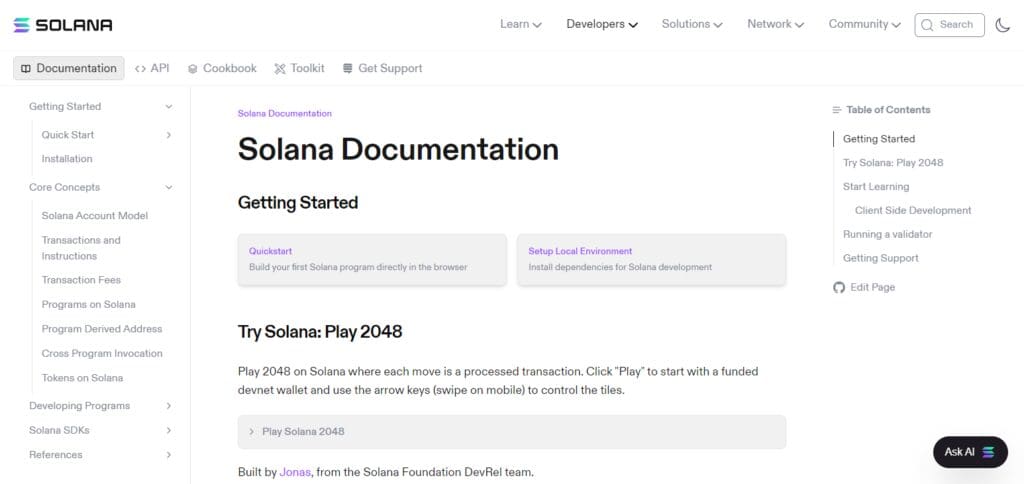
Furthermore, developers can find example projects, API references, and tutorials for hands-on practice.
As Solana is a leading blockchain, understanding its method of construction is essential for anyone wanting to create scalable blockchain applications.
5. GitHub
GitHub contains many open source blockchain projects, smart contracts, and frameworks for developing on the blockchain.
Developers can browse the provided repositories with the intention of learning from existing codebases, contributing to blockchain projects, and using them for further experiments.
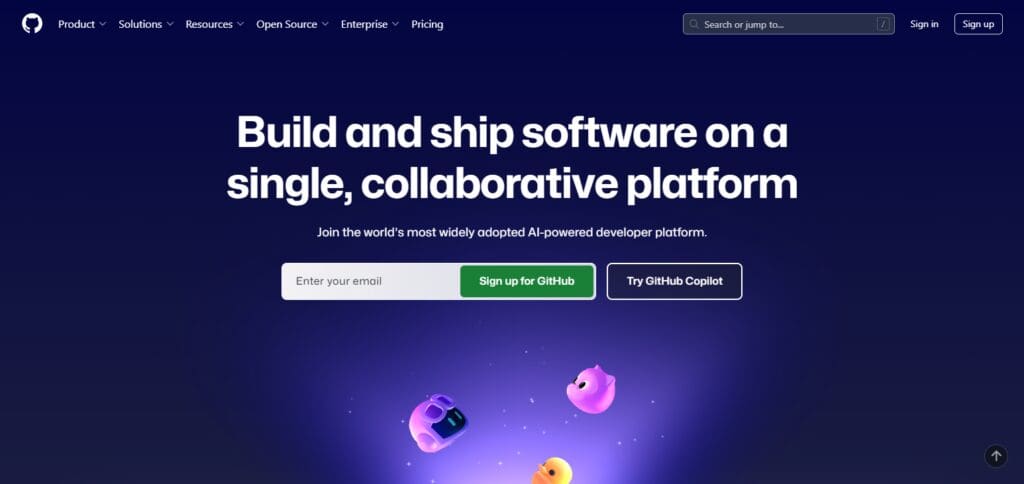
Many blockchain based platforms like Ethereum and Hyperledger have their official GitHub with sample projects and documents that are aimed for developers.
GitHub can be beneficial for learners who want to work in blockchain programming communities to develop skills, solve issues, and monitor the changes in the blockchain world.
6. Alchemy
Alchemy University provides free structured courses on Web3 software development, smart contracts, and other courses on blockchain development.
Alchemy University has real world use cases designed to help students get practical exposure through coding challenges, projects, and other activities which are accessible to students.
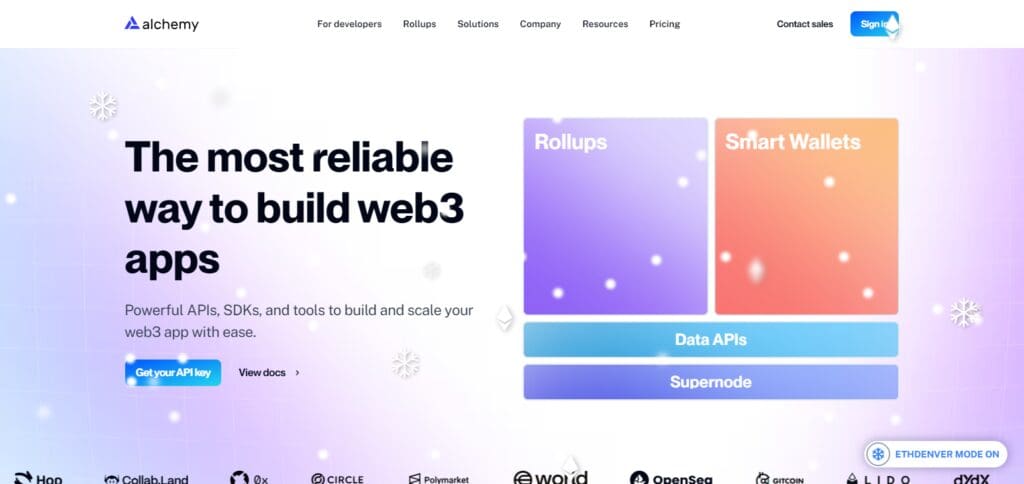
Alchemy also has services regarding blockchain infrastructure which enables students to efficiently test and deploy smart contracts.
Alchemy University has an emphasis on tools and resources meant for developers, making the university a great opportunity for students looking to specialize in blockchain development and work with modern blockchain technology stacks.
Key Blockchain Programming Languages
Here’s a short list of important programming languages in the blockchain ecosystem:
Solidity: The primary language used for developing smart contracts on the Ethereum blockchain. It’s a statically-typed language targeted toward building decentralized applications – just like JavaScript. Solidity is much in demand for building decentralized finance (DeFi) protocols and other applications within the blockchain ecosystem.
Rust: Its speed and safety features make it unique. It’s used for blockchain development on Solana and Polkadot. Rust does not use a garbage collector which makes memory management a challenge but perfect for high performance blockchain applications.
Go (Golang): It is a statically typed language that’s implemented in Hyperledger Fabric and several other blockchain systems. Simplicity, speed and support for concurrent processing give Go an edge in building complex large scale and secure solutions on the blockchain.
Python: Python is popular for developing Blockchain prototypes, smart contracts, and the back end of Blockchain applications. Adding to it, Pythons simplicity and libraries such as Web3.py that integrate with Ethereum make it a great language for beginners.
JavaScript: Thanks to frameworks such as Web3.js and Ethers.js, JavaScript is actively used in the development of dApps on Ethereum and other chains. These libraries allow for integration with the blockchain via web apps.
C++ – C++ is instrumental in developing Bitcoin and some other cryptocurrencies. It allows greater flexibility and faster operations, hence it is suited for lower level blockchain construction.
Java – Java is well known in enterprise blockchain development, for example, Hyperledger uses it. It is scalable and in addition, is commonly used in backend and smart contract development.
Every language is specialized for a particular blockchain ecosystem according to the needs and particular niches of the platforms.
Conclusion
To sum up, there are a lot of blockchain programming courses available on multiple high – quality platforms, each having different styles and ease of learning.
Be it conventional university-style lectures from Coursera, practical coding tasks from freeCodeCamp, or detailed blockchain-oriented instructions provided on Ethereum.org, or Solana Docs, there are enough materials to become a proficient blockchain developer.
For the more practical type of learners, Alchemy University and Udemy offer courses, while GitHub gives access to open source projects for real-world experience.
Resources aligned to your preference will guarantee the effective development of your skills and knowledge in the fast changing world of blockchain technology.





